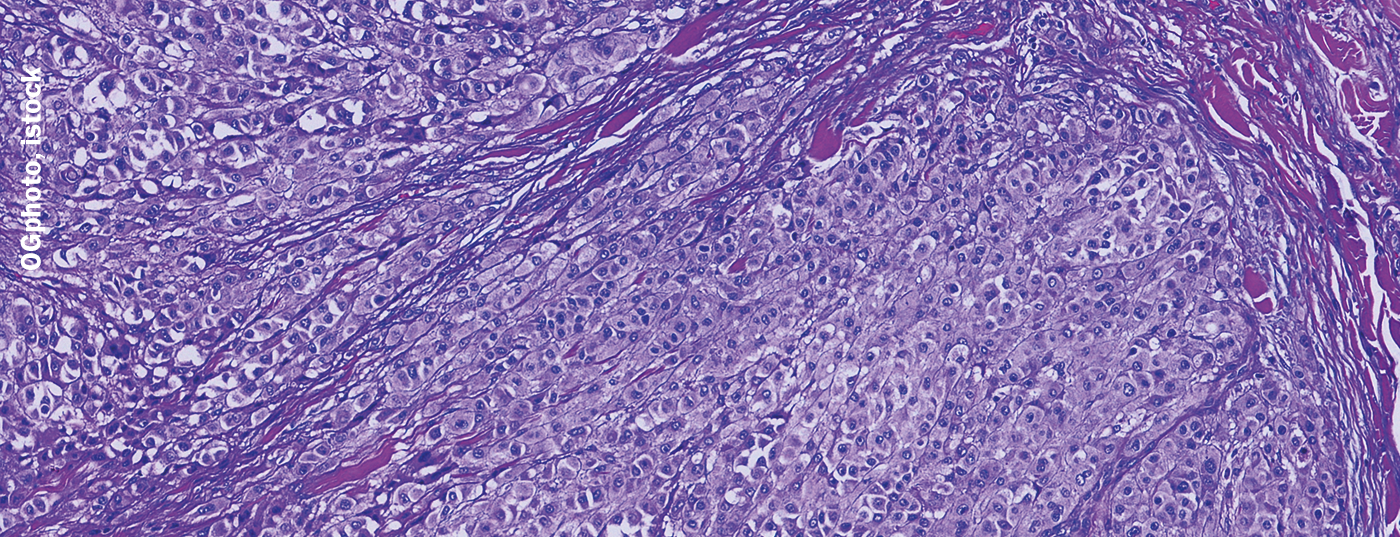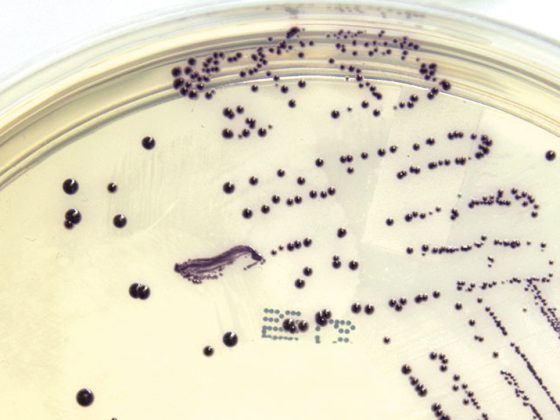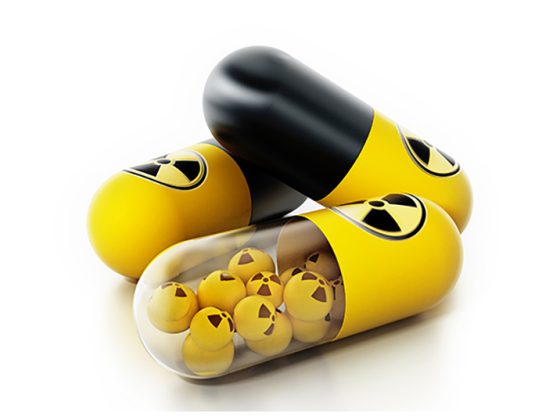A research team involving the U.S. National Cancer Institute investigated the effects of fecal microbiota transplantation on the efficacy of pembrolizumab in a proof-of-concept study in patients with PD1 antibody-refractory metastatic melanoma.
Fecal microbiota transplantation (FMT) is an approach for targeted therapeutic modulation of the intestinal microbiota. 15 Melanoma patients who had not responded to pembrolizumab or nivolumab received a fecal transplant from patients with advanced melanoma who had responded to pembrolizumab. After stool transplantation, patients were treated with pembrolizumab. Tumor reduction or long-term stabilization was seen in 6 of the 15 study participants after this intervention. One of the patients had a sustained partial response after more than 2 years, and in 4 others the disease did not progress for more than 1 year. “Our study is one of the first to show in patients that altering the composition of the gut microbiome can improve response to immunotherapy. The data demonstrate that the gut microbiome can be a therapeutic target in cancer,” explained study leader Dr. Giorgio Trinchieri.
Further reading:
- Heinzl S: Medscape Onko-Newsblog, Feb 09, 2021, https://deutsch.medscape.com/artikelansicht/4909695#vp_2, (last accessed Mar 11, 2022).
- Davar D, et al. Fecal microbiota transplant overcomes resistance to anti-PD-1 therapy in melanoma patients. Science. February 4, 2021. DOI: 10.1126/science.abf3363, (last accessed 11/03/2022).
- “Fecal microbiota transplants help patients with advanced melanoma respond to immunotherapy,” Feb. 04, 2021, www.cancer.gov/news-events/press-releases/2021/fecal-transplants-cancer-immunotherapy?cid=eb_govdel (last accessed Mar. 11, 2022).
DERMATOLOGY PRACTICE 2022; 32(2): 47











